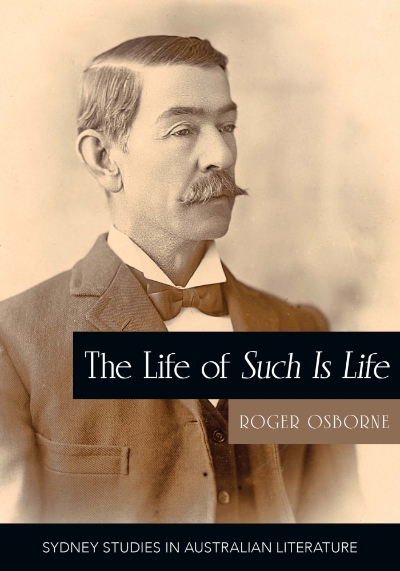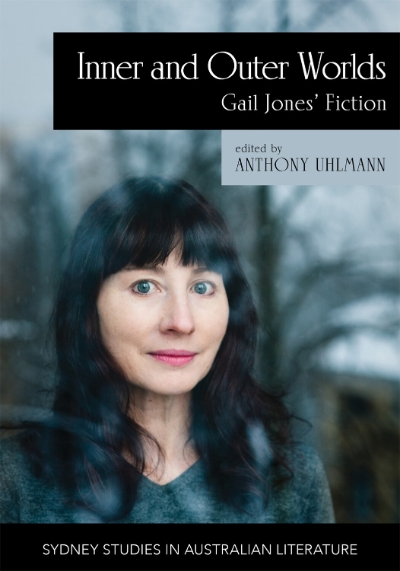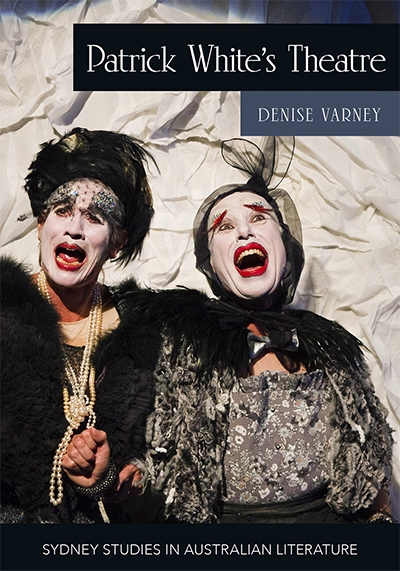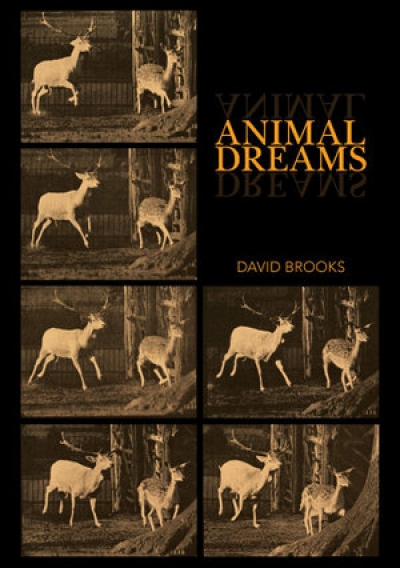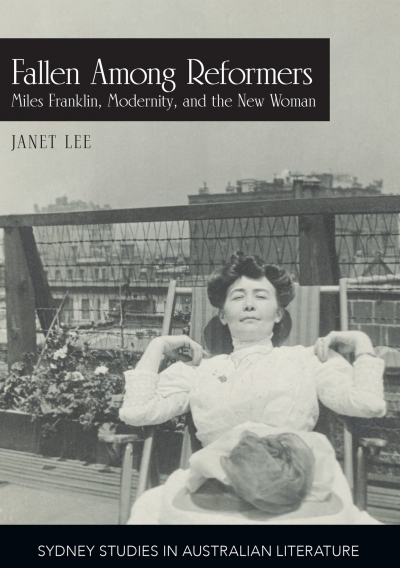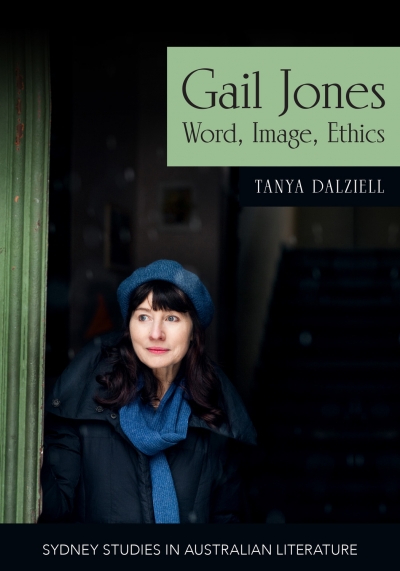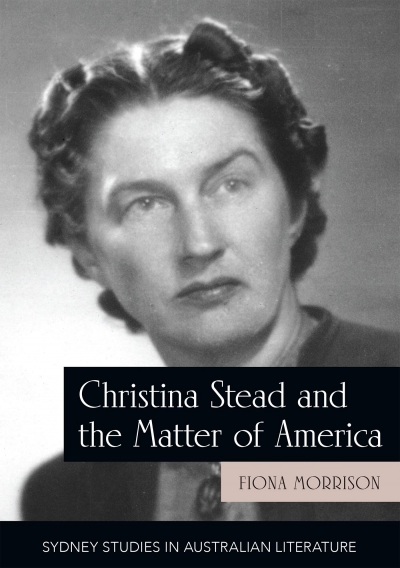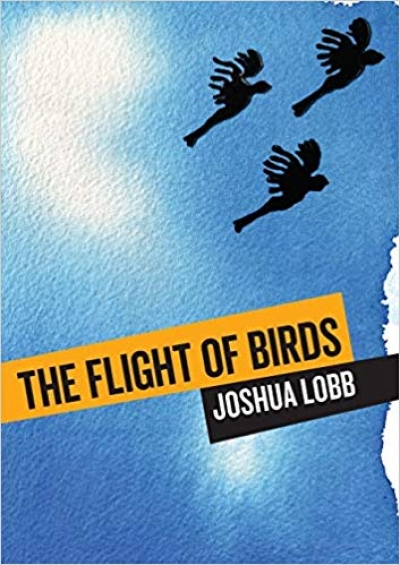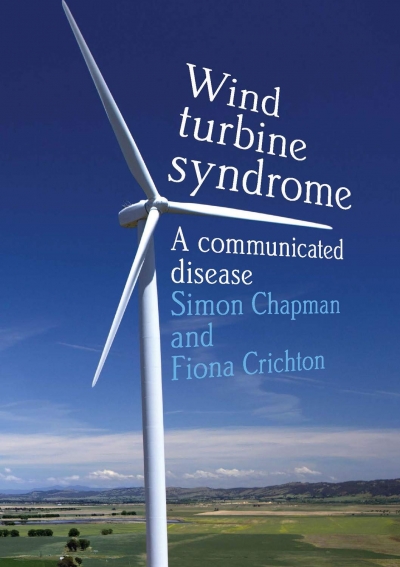Sydney University Press
The Life of Such Is Life: A cultural history of an Australian classic by Roger Osborne
by Brigid Magner •
Inner and Outer Worlds: Gail Jones’ fiction by Anthony Uhlmann
by Julieanne Lamond •
Oxford University Press has begun a welcome series called Australian Writers. Two further titles, Imre Salusinszky on Gerald Murnane and Ivor Indyk on David Malouf, will appear in March next year and eleven more books are in preparation. Though I find the first three uneven in quality, they make a very promising start to a series. In some ways they resemble Oliver and Boyd’s excellent series, Writers and Critics, even being of about the same length. However this new series is less elementary, more demanding of the reader. It is, predictably, far sparser in critical evaluation, concentrating on hermeneutics, and biographical information is as rare as a wombat waltz.
... (read more)Patrick White’s Theatre: Australian modernism on stage, 1960–2018 by Denise Varney
by Jonathan Dunk •
Fallen Among Reformers: Miles Franklin, modernity and the New Woman by Janet Lee
by Susan Sheridan •
The Flight of Birds: A novel in twelve stories by Joshua Lobb
by Sascha Morrell •
Wind Turbine Syndrome: A communicated disease by Simon Chapman and Fiona Crichton
by James Dunk •

